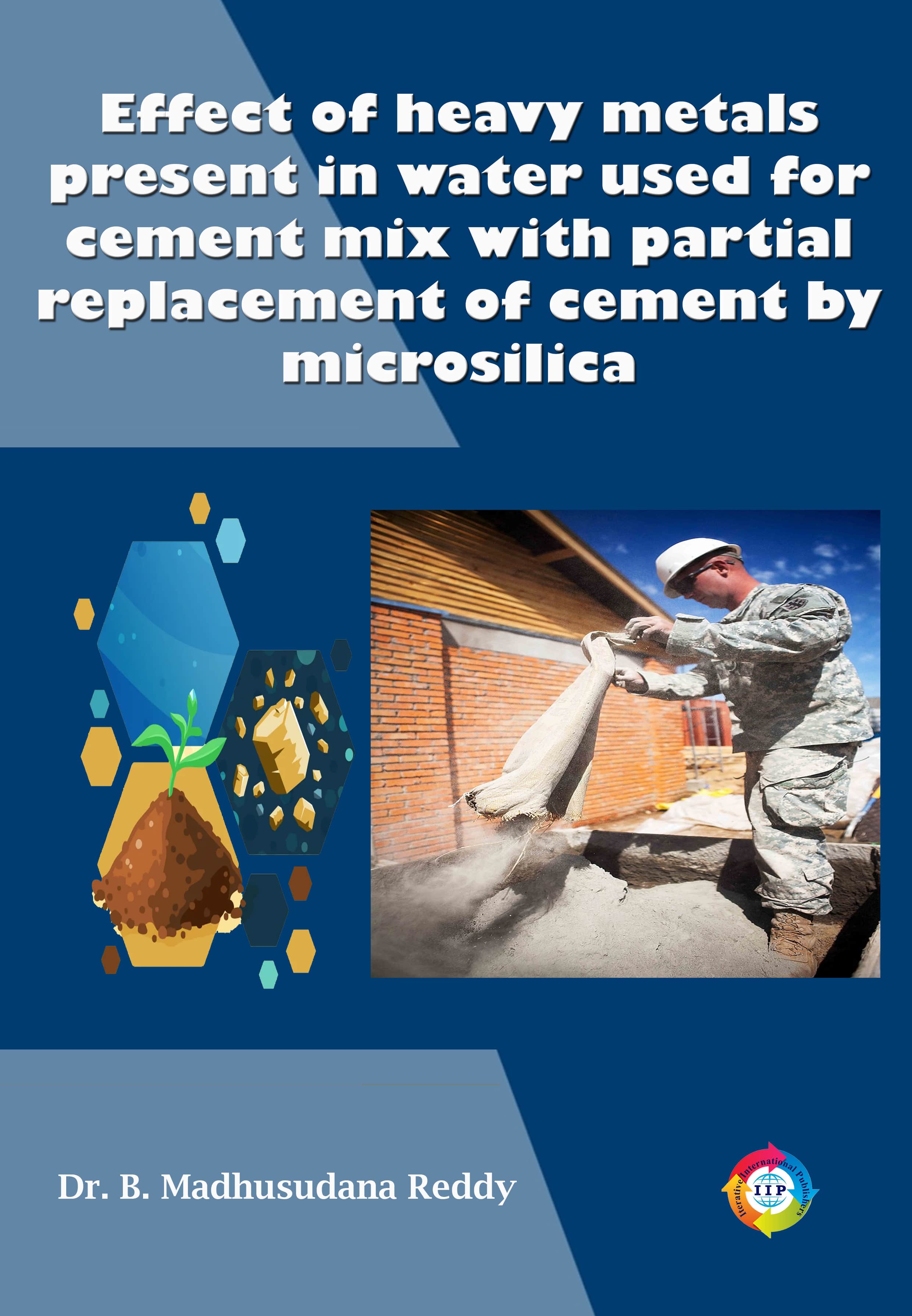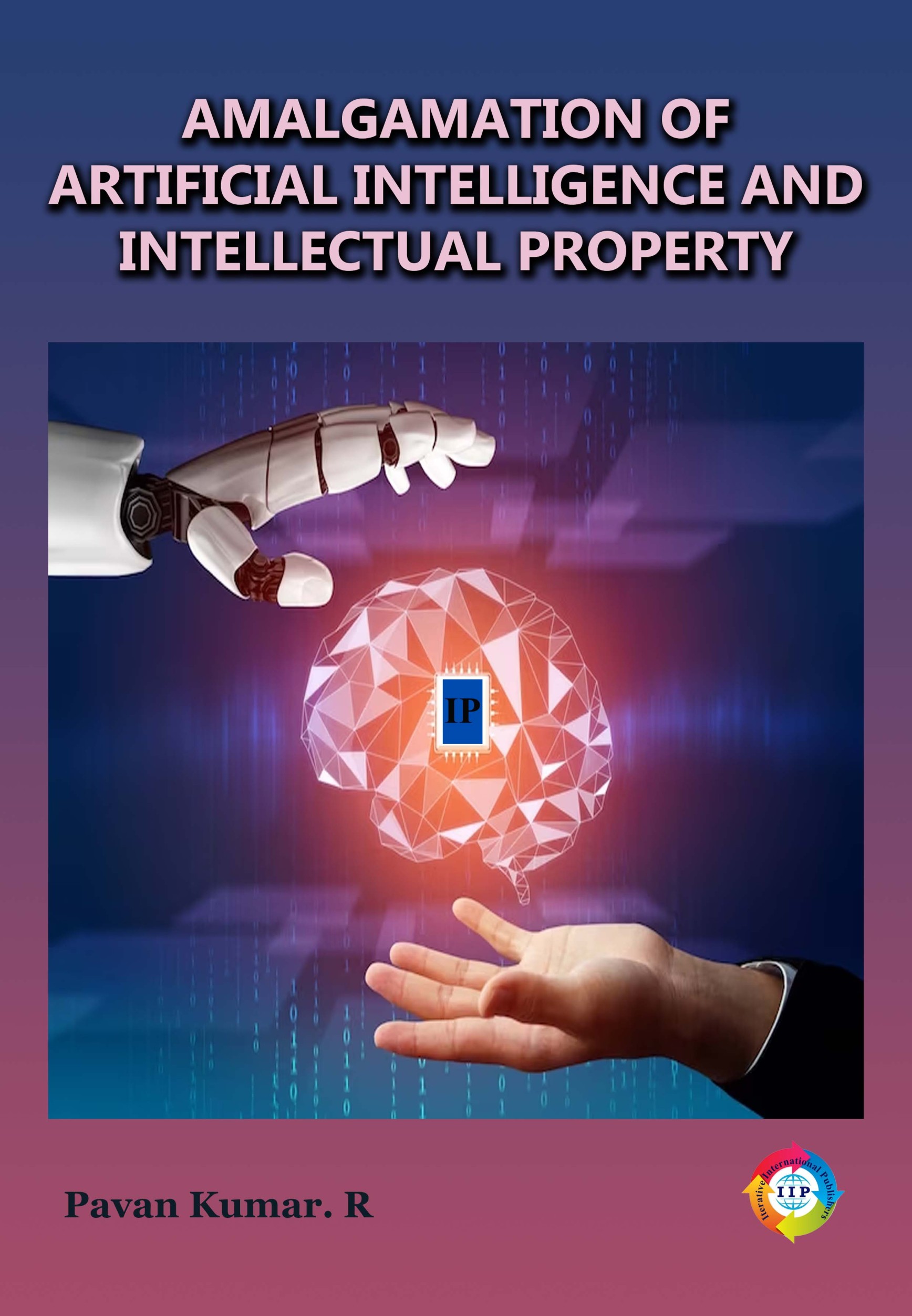
EFFECT OF HEAVY METALS PRESENT IN WATER USED FOR CEMENT MIX WITH PARTIAL REPLACEMENT OF CEMENT BY MICROSILICA
-
TypePrint
- CategoryAcademic
- Sub CategoryPhD Thesis/Thesis
- StreamSocial Sciences
The quality and quantity of mixing water are essential factors in determining the properties of fresh and hardened cement mortar and concrete. Water has both beneficial as well as detrimental effect on cement mortar and concrete. Generally, if water is potable, it is also suitable as mixing water for cement mortar and concrete. However, non-potable water which contains 4000 mg/L total solids has been used satisfactorily in making concrete. The quality of water with respect to impurities could be made less stringent for curing, if after evaporation no stains and no chemicals remain on the surface that harms the concrete. Even greater amounts of impurities could be permitted in water if it is used for washing of concreting equipment.
A lot of literature is available to understand the behavior of different ingredients of concrete such as cement, aggregates, admixtures and their interaction among themselves. But much information is not available on the role of quality of mixing water on concrete. The standards such as IS 456:200023, ACI and ASTM have framed only broad recommendations about the quality of mixing water in concrete.
The availability of usable water is diminishing acutely every year. This is not only true in case of developing countries that are deficient in water resources in general, but also true in case of developed countries too. Industrial wastewater is one of the few potential alternate water sources which are widely available in well industrialized countries. Use of industrial wastewater serves the two-pronged strategy of reducing the environmental ill effects and easing the water scarcity for the construction industry.
Hence, reuse of wastewater is imperative to conserve this precious resource for sustainable development. However, the majority constituents present in industrial waste water are generally heavy metals. Due to this reason, a detailed investigation on the effect of heavy metals present in the above mentioned water on the properties of cement mortar and cement concrete is urgently needed. Now a days it has become a general practice to go for high strength and high-performance concrete in the concrete industry which can be produced by the blend of admixtures to the basic ingredients of cement mortar or cement concrete.
Accordingly, an exhaustive experimental study has been carried out in this research for evaluating the effect of heavy metals present in mixing water on the properties of blended cement mortar.
**Note: IIP Store is the best place to buy books published by Iterative International Publishers. Price at IIP Store is always less than Amazon, Amazon Kindle, and Flipkart.





COMMENTS
No Review found for book with Book title. EFFECT OF HEAVY METALS PRESENT IN WATER USED FOR CEMENT MIX WITH PARTIAL REPLACEMENT OF CEMENT BY MICROSILICA